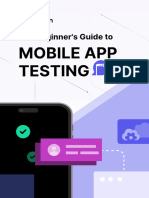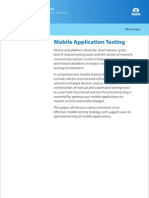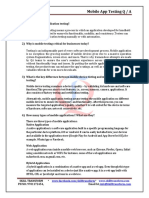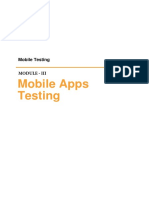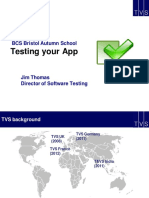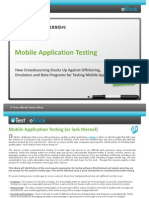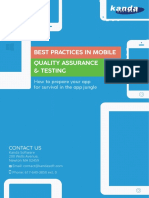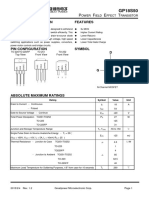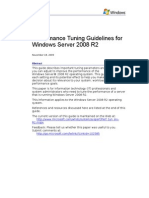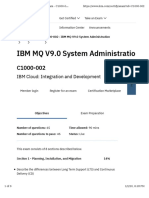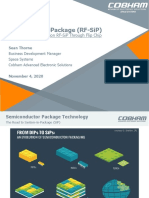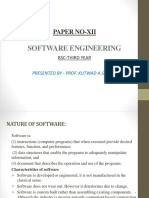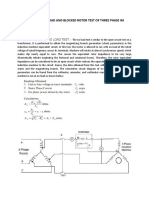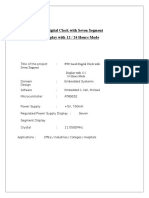0% found this document useful (0 votes)
11 views10 pagesMobile Application Testing
A quick Guide to Mobile Application Testing
Uploaded by
chhabragaurav512Copyright
© © All Rights Reserved
We take content rights seriously. If you suspect this is your content, claim it here.
Available Formats
Download as PPTX, PDF, TXT or read online on Scribd
0% found this document useful (0 votes)
11 views10 pagesMobile Application Testing
A quick Guide to Mobile Application Testing
Uploaded by
chhabragaurav512Copyright
© © All Rights Reserved
We take content rights seriously. If you suspect this is your content, claim it here.
Available Formats
Download as PPTX, PDF, TXT or read online on Scribd
/ 10




